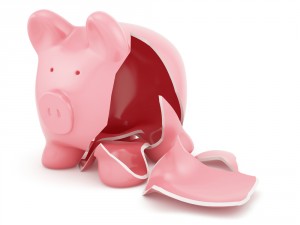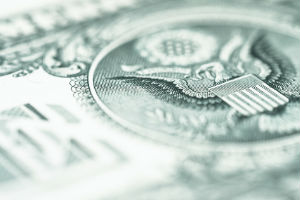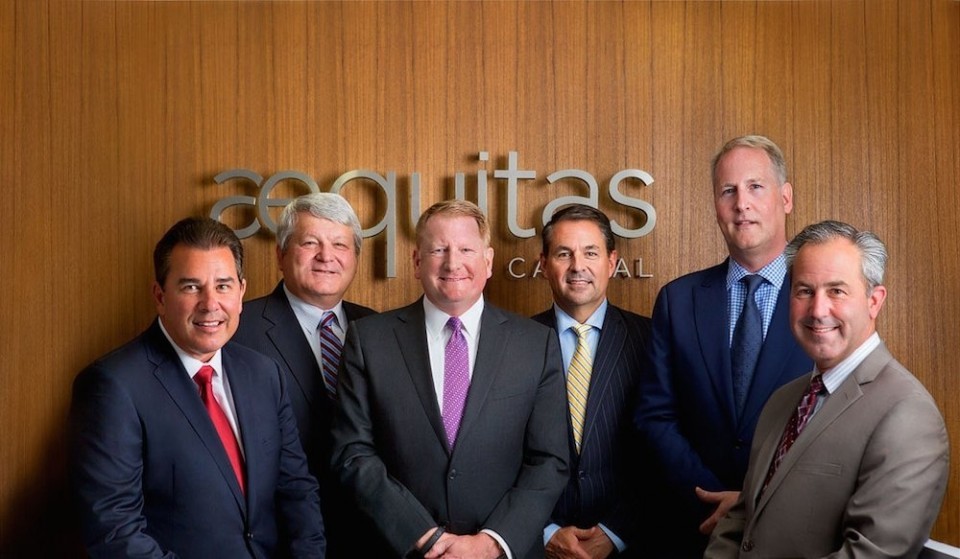- CALL TODAY
- 800.487.4660
Why Foreign Currency CDs Are A Bad Investment

A traditional certificate of deposit (CD) works like a black cup of coffee: enough buzz to justify the purchase, but nothing sweet. That is, they are generally dependable investments, offering mild returns within safe environments. The biggest risk that comes from traditional CDs is that if you want your money before the term matures, you’ll most likely lose any earned interest.
Exotic or foreign CDs, however, propose a little more action and a lot more risk: black coffee but with caramel syrup and whipped cream. These exotic CDs are the latest trend that brokers and bankers are using to lure in desperate investors. For thrill-seeking investors tired of stymied U.S. interest rates, the risk may be worth the reward. But for most investors, the use of the word “CD” irresponsibly gives the wrong impression of a safe, smart, principal-protected investment — one that is entirely backed by the FDIC.
But beware, foreign investments like these are not always what they seem. Your principal can be lost due to international gray areas, foreign exchange rates and inflation rates. And the returns, if there are any, are usually not as sweet as initially advertised.
Here’s how it works.
Your banker or broker raves about interest rates in Brazil — maybe 10 to 20 times higher than current U.S. offerings. It is explained as a “no brainer” argument. So you buy from the U.S. bank with U.S. dollars. Then, the bank converts your money into a foreign currency. At the end of the CD term, the investment is converted back into U.S. dollars plus interest. “Invest in a six month or 12 month CD,” they say, “and you’ll earn BIG returns. The opportunity is ripe, sexy and yours for the taking.”
What your broker may not explain about foreign CDs, however, are the potential pitfalls.
Covered Interest Rate Parity, or CIRP, reigns supreme.
CIRP is an economic theory stating that the gains from higher foreign interest rates are offset by fluctuations in the inflation rate for each country’s currency.
Why is this? Multiple reasons — a prominent one being that arbitrage (the buying and selling of international securities, currency or commodities for quick profits) equalizes the market. So basically, whenever a lucrative opportunity arises, arbitrage works quickly to iron down the economic wrinkles. Even if you get your CD in early, by the time your term matures, you will most likely have to pay the “forward currency,” i.e., the inflated rate abroad.
Inflation is the primary concern here. You wouldn’t be investing in the abroad country if there were no signs of economic growth. But remember, higher interest rates signal economic growth and economic growth engenders inflation. Eventually, home and abroad will exist in equilibrium, so when your CD term ends and your money is reconverted back into U.S. dollars, you won’t have earned as much as expected. You may as well have invested in a traditional CD.
Your high foreign interest rate is neutralized by higher foreign inflation, setting you back to square one.
Loss of principal is also a possibility. Your broker or banker may try to convince you otherwise — that your principal is insured under the FDIC. But this is not always the case.
If the value of the foreign currency drops during the CD term, you will lose principal — not just the interest payments — even if the CD is FDIC insured. While these CDs can be insured against the risk that the issuing bank will go out of business, they are not insured against currency exchange rate losses.
Exotic CDs promise higher returns than traditional certificates of deposit for a reason: you can lose money investing in exotic CDs! So be cautious.
Don’t let the name fool you — high yield, exotic CDs are anything but safe. If you have lost money in an exotic CD, the investment fraud lawyers at Investor Defense Law LLP may be able to help you recover your losses. Contact them today at 800.487.4660 for a free investment loss analysis.



